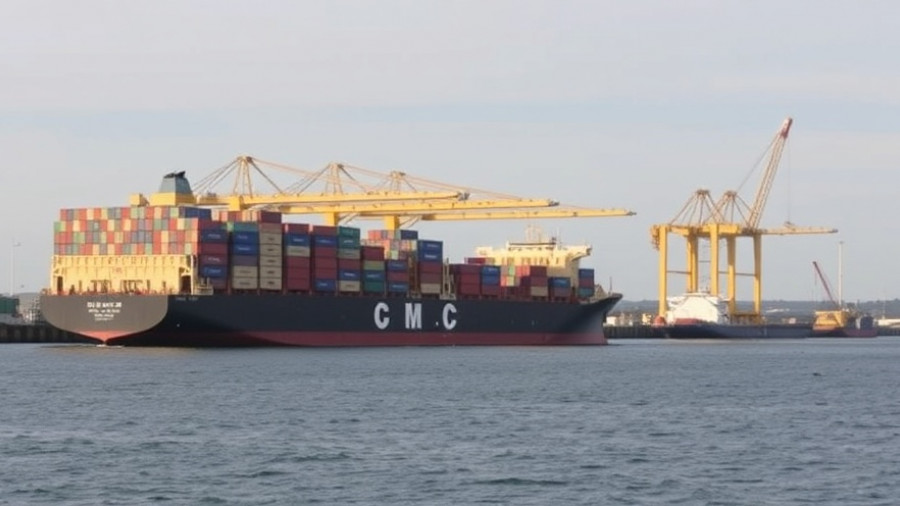
US Pushes EU to Reassess New Climate Regulations
The ongoing tensions between the United States and the European Union have reached a boiling point regarding climate regulations. The US government is demanding the EU roll back its newly proposed climate and human rights laws, claiming these regulations will hinder the importation of liquefied natural gas (LNG) at a critical time for European economies. A letter co-signed by US officials and Qatari energy executives outlines their view that these rules threaten to create an 'existential threat' not only to energy imports but also to economic stability on the continent.
Understanding the Corporate Sustainability Due Diligence Directive
The centerpiece of this conflict is the Corporate Sustainability Due Diligence Directive, a new set of regulations that requires gas exporters to demonstrate compliance with human rights protections and reduction of greenhouse gas emissions. According to the directive, failure to adhere to these standards could result in hefty fines, potentially jeopardizing future energy contracts and investments. This directive, set to be debated in the EU parliament, is seen as a necessary step toward a sustainable energy future but has sparked backlash from major global suppliers.
Fossil Fuels or Sustainability: Where do We Stand?
The US’s demand for a rollback emphasizes a broader debate surrounding energy sources and climate responsibilities. While LNG has been marketed as a cleaner alternative for fossil fuels, studies have begun indicating that its transport and production processes may generate even more greenhouse gases than initially projected. This complicated picture pushes us to reassess whether increasing LNG imports align with European nations’ commitments to reducing fossil fuel dependence.
Response from Qatar and Implications for International Trade
Qatar, one of the world’s largest LNG exporters alongside the US, has echoed similar sentiments. The country's officials assert that they could halt LNG shipments to the EU if fines are enforced under these new regulations. This situation risks aggravating trade relations and could push Europe back into reliance on more expensive energy imports, leading to inflation and stunted economic recovery. The EU currently imports a significant volume of LNG from both the US and Qatar, making their cooperation vital for maintaining energy security.
The Energy Equation: Supply and Demand
The potential fallout from sanctions on LNG imports raises critical questions for European energy policy. The EU imports about 40-50% of its LNG from the US, suggesting that disruptions could lead to market destabilization and significantly increased energy prices, potentially exacerbating existing economic challenges for both consumers and industries. For countries like Poland, Germany, and others heavily reliant on LNG, this situation could necessitate a difficult balancing act between sustaining energy supplies and adhering to their environmental commitments.
Future Perspectives: What Lies Ahead?
As this standoff continues, analysts project that the EU must carefully navigate its commitment to sustainability with its immediate energy needs. Existing strategies may need to evolve to account for market fluctuations and growing geopolitical tensions. Should these regulations remain in place, the long-term implications could lead to a shift in international trade relations, affecting not just energy sectors but global climate policies as well.
Final Thoughts: The Importance of Sustainable Choices
While the pressures mount, it's imperative that responsible energy sourcing remains at the forefront of discussions both in the US and Europe. Citizens, policymakers, and industry leaders need to find common ground to ensure that energy security does not come at the expense of the planet. As we weigh the options, it becomes clear that sustainable decisions made today will pave the way for a more resilient and equitable energy landscape for future generations.
 Add Row
Add Row  Add
Add 





Write A Comment